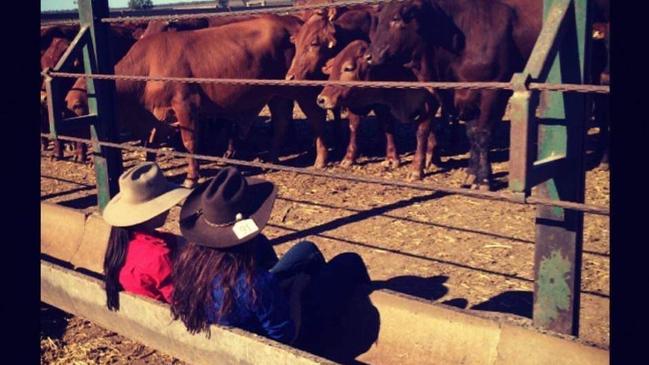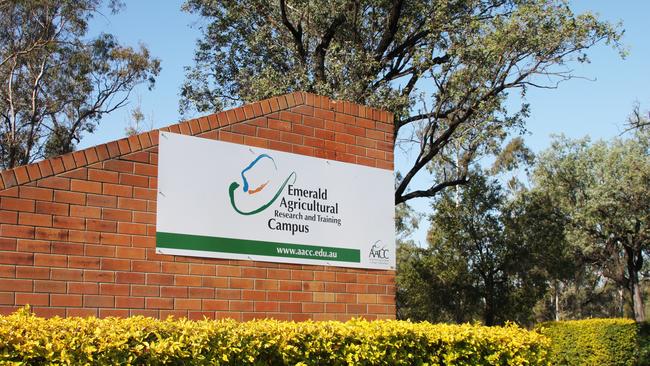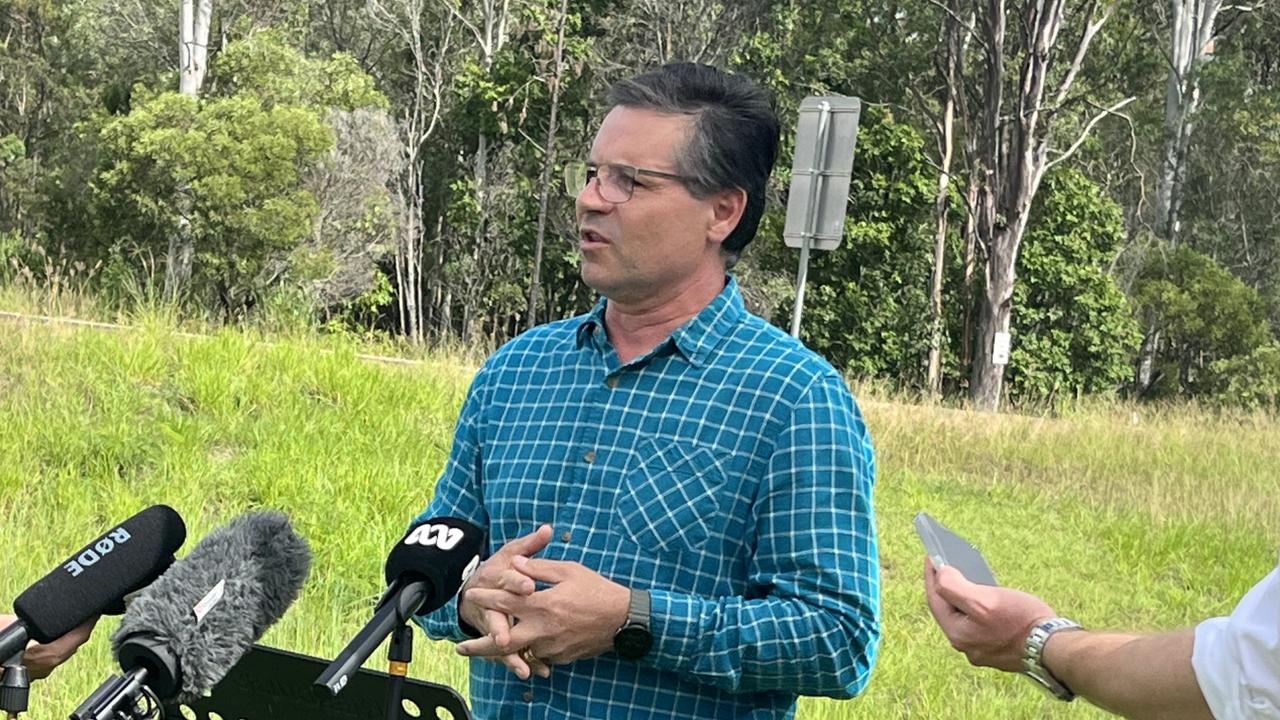Emerald Ag College demise explained: How did we get here?
Why did it close and what will happen to the facilities?

Central Queensland
Don't miss out on the headlines from Central Queensland. Followed categories will be added to My News.
CENTRAL Queensland's renowned agricultural colleges closed this month.
The Longreach Pastoral College was established in 1967, and the Emerald Agricultural College in 1972.
Operated from 2014 by the Queensland Agricultural Training Colleges (QATC), the residential training centres taught generations to work on the land.
But why did they close and what will happen to the state-owned premises?

The Coaldrake review
Last year, emeritus professor Peter Coaldrake of the Queensland University of Technology analysed vocational education in Central-Western Queensland.
The review was conducted between April and June 2018 by studying already-released reports and by visiting Longreach for three days and Emerald for two.
More than 60 individuals were consulted including representatives from the colleges, QATC, state and local government, CQ University, and local businesses and high schools.
The Coaldrake review said that even in the 1990s, residential agricultural education was becoming "prohibitively" expensive and automation was supplanting human hands on farms in the area. The trend was towards a casual, seasonal workforce.
It added to those reasons low student demand and lack of profits. Given an operating deficit of $5 million from July 2017 to March 2018, QATC even took "action to contain wages and salaries".
Professor Coaldrake also emphasised a "loss of credibility".
"The sentimental attachment held for the two colleges in their respective communities, especially by their own alumni, has largely dissipated," he said.
There were 25 students in Longreach and 48 in Emerald who started their studies in 2018.
Coaldrake's report said those cohorts "largely comprise quite vulnerable young people", and while some would go on to learn a trade, "those that drop out … may become a risk to themselves and a concern for the community".
Therefore the education model was deemed to be "clearly unsustainable". "Nor is there any prospect that in the future it can be resurrected," Professor Coaldrake said.
The Queensland Government decided to close the QATC by the end of 2019 and repurpose the colleges as the review recommended.
The future
Early this year, a Project Management Office (PMO) was established by the Department of Agriculture and Fisheries to develop an "economic transition strategy for staff, students, and assets".
Meetings were held in Emerald and Longreach about once every second month beginning in March.
The 21 people who made up the 'Emerald Local Community Stakeholder Committee' intend to create a diverse "hub concept partnership model" that provides "demand-driven" training with "longterm sustainability".

Mayor Kerry Hayes said there were "maybe 22 or 23" expressions of interest about accessing and using the various provisions of the college.
"Some were only for parts of the facility," he said. "One lead interest was identified and the PMO is dealing with that at the moment."
That lead interest was a partnership with CQ University. Mr Hayes said other groups have also shown an interest in specific assets - cattle properties, research stations, a radio transmission tower. There is no definite deadline to the negotiations, and their substance is confidential.
"The prerogative here is to make sure it's an appropriate negotiation," Mr Hayes said.
"It will take time."
A graduate's view
Kelly Vassallo, 22, graduated from the Emerald college in 2014 with a certificate in rural operations.
"It's upsetting," she said of its closure. "It's a big loss to the town.
"The whole reason I went to the ag college was because I struggled in school.
"The teachers were amazing and it was good fun. It was very hands-on."
She thought that the cost of courses pushed residential training beyond people's means.
"That's what crashed the ag college," she said.
"Paying $6,500 for a course - and boarders paid $140 a week."
Ms Vassallo described her time at the college "an amazing experience", despite the difficulties in making use of all she learnt.
"I would highly recommend it if it opened up again," she said.
"And I'd love to go out on station, but I don't want to work far from family. I'd have cows and a little bit of crop and I could have my horses back."
"But there are a lot of people struggling from the drought. We just put our cow down because it was costing too much to feed him."



